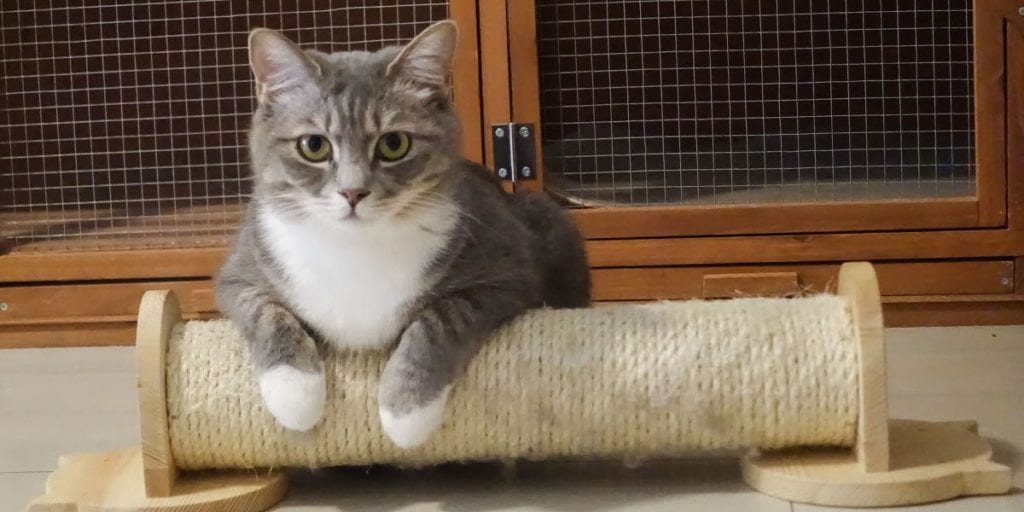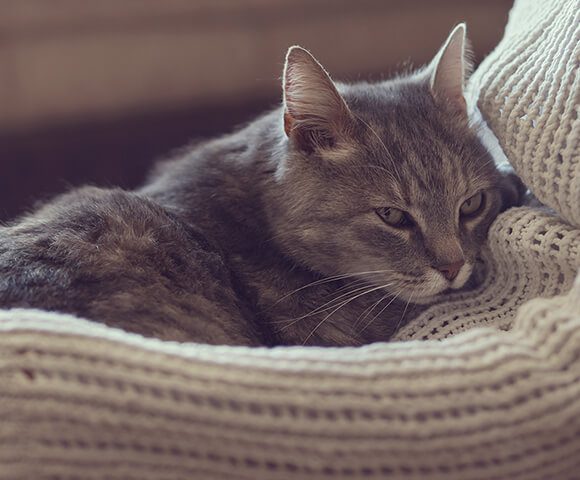
The exact care that your cat needs will depend on the surgery that hes had and his individual health issues so be sure to follow the specific directions that your vet provides. But I bet its allergies.

The exact care that your cat needs will depend on the surgery that hes had and his individual health issues so be sure to follow the specific directions that your vet provides.
Cat sneezing after surgery. My cat is sneezing after surgery. Some sneezing may occur three to seven days after your cat undergoes a surgical procedure. Speak with your veterinarian about certain medical conditions that can cause upper respiratory conditions in cats.
The most common reason for this sneezing is Feline Upper Respiratory Complex. Cat sneezing after dental surgery. My cat had a dental surgery on Monday this week and on Tuesday morning I took her back home.
Two teeth were taken out. All has been ok but now since this morning on Saturday she has been sneezing quite. Anesthesia part of the spaying is a stressful event which decreases a patients immune system for awhile.
If your cat was previously infected with any of the common viruses that cats have most cats have this and were infected as kittens then these viruses can be activated by the stress of the anesthesia. Many dental problems like an abscess can be behind sneezing. Even though it didnt begin until after her surgery and tooth removal its still very likely associated to the dental impact on her sinuses.
Other possibilities would be a foreign object as small as a misplaced particle of dust or litter from her recovery room although not likely. We decided we will have the vet treat him for vaccines and make sure hes healthy and then foster him for a few months until my mom makes her house cat proof and ready for her new baby. Hes doing really great but has picked up a bit of a sneeze after surgery.
Everything went well it just sounds a bit congested almost like a sneeze and a cough. Sneezing is a useful bodily function in which the body forcefully expels irritants from the nose. A multitude of animal species sneeze including dogs chickens elephants certain lizards and cats.
If your cat is sneezing it may just be part of the normal process to clear their nose that usually isnt concerning. Your vet may allow you to give your cat a small meal that evening but you will need to monitor for any vomiting after your cat eats. The exact care that your cat needs will depend on the surgery that hes had and his individual health issues so be sure to follow the specific directions that your vet provides.
Some cats suffer permanent damage of the lining of the nasal cavity or even the bone after viral infection leaving the nasal cavity susceptible to recurring bacterial infection. This post-viral rhinitis nasal inflammation is the most common cause of. Cats and dogs often cough for several days after surgery or anesthesia for dental work.
This occurs for two reasons. First to safely perform anesthesia a special breathing tube must be inserted. My 6 mnth old kitten was just spayed after we got her from the animal shelter.
She seems ok at times but others she is sneezing alot. She doesnt want to eat at times and a day after her sergery she wet herself. Her eyes are not swelling so im not sure if it is kennel cough or URI.
I cant tell if she has a fever or is warm because of the blanket she is just laying on. She doesnt feel hot. If your cat sneezes only occasionally no treatment is generally needed.
However if your cat has other symptoms such as discharge from the nose and eyes the presence of blood or mucus in the nose decreased activity or loss of appetite have your cat examined by your veterinarian. If you have any questions or concerns you should always visit or call your. I was just wondering if anyone has seen cats develop respiratory issues either after dental work or during ear-mite treatment.
Im hoping the antibiotics and rest will be sufficient to clear it up but if hes still sneezing after the antibiotics end Ill. A cat will display other symptoms of sickness besides sneezing if it has a respiratory infection. These may be coughing discolored discharge from the eyes lethargy and loss of appetite.
Specific diseases that could cause infection include feline herpes calicivirus chlamydia infections and bacterial infections. Cats can sneeze for a variety of reasons such as. A simple nose tickle.
Weve all had that. A noxious smell such as chemicals. Dust and other airborne particles.
A foreign object like a piece of lint grass or a hair. Inflammation of nasal cavity andor sinuses. Inflammation or infection of a tooth causing drainage into sinuses.
Why do Cats Sneeze. September 2 2020. Your cat hops up beside you on the couch nuzzling your hand in an attempt to get pet.
Once he takes a seat he sneezes three times in a row. After saying bless you to your little feline friend you cant help but wonder what caused the sneezing. My cat is 14 years old and every spring and sometimes at other times of the year sneezes and eyes will tear.
But has been doing that ever since he was a baby just allergies. Just make sure the wet in his eyes are clear not cloudy and matted. If she is still sneezing Monday you might still want to call the vet.
But I bet its allergies. Isolated sneezing from time to time is normal. However if your cats sniffles happen every day it could be a sign of an infection or allergic reaction.
Veterinarians will take a swab of your cats nasal discharge to diagnose the problem. It can be anything from bacterial viral to fungal infections. The skin surrounding the incision should be a normal or slightly reddish- pink color.
In pale-skinned cats bruising is often seen around the surgical site. This may not appear until a few days after the operation and in some cases can seem excessive in comparison to. If your cat is a carrier of this disease the stress of anesthesia and surgery will likely bring out the infection usually in 1-7 days after surgery.
Signs you will see are sneezing runny eyes maybe with squinting or swollen membranes and occasionally coughing. If these signs show up you should have your cats regular. After the extraction new presenting complaints of increased sneezing may be encountered particularly when drinking water.
These oronasal fistulas existed prior to the procedure but they resulted in more clinical signs once there was no longer a tooth present to plug the oronasal communication. In the early post-operative period swelling of the surgical sites may occur and interfere with breathing. Therefore your veterinarian will closely monitor your pet after the surgery has been performed.
The degree of monitoring that will be necessary depends on the surgical procedures that were performed. A few days ago we started to notice the kitten sneezing pretty often but I read online that sneezing can occur after a distemper vaccine so I didnt think much of it. Last night I started noticing that the kitten that has the sneezing problem also has 1 runny eye - no color to the fluid just clear.